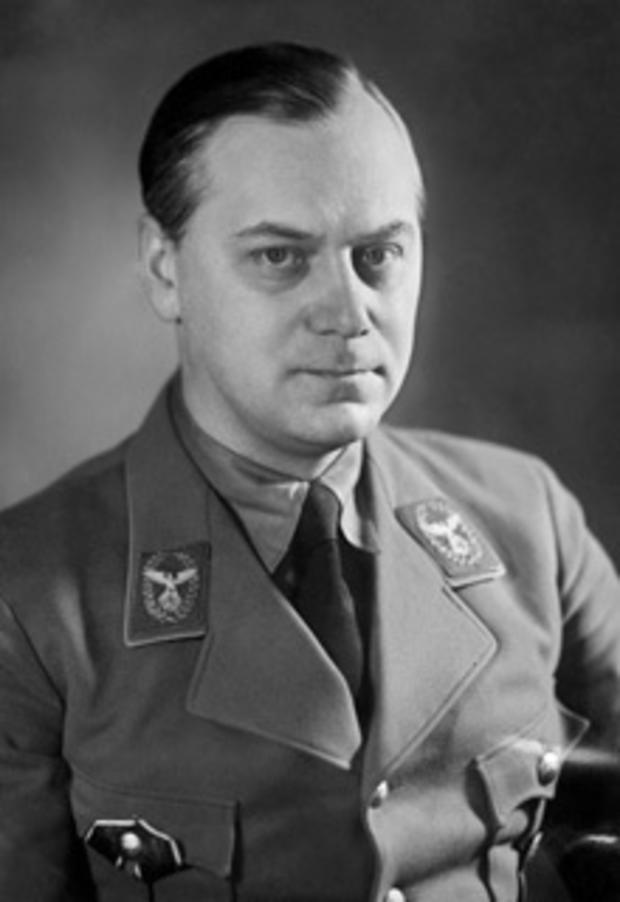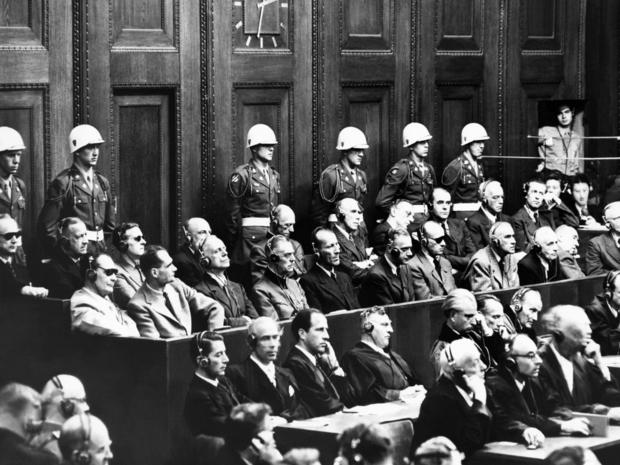WWII diary of adviser to Adolf Hitler recovered
WILMINGTON, Del. Federal authorities say they have recovered hundreds of pages from the wartime diary of Alfred Rosenberg, a Nazi party official and key adviser to Adolf Hitler.
Officials from the Department of Homeland Security and the Justice Department planned to join representatives of the U.S. Holocaust Memorial Museum on Thursday to discuss the recovery of some 400 handwritten pages from the diary.
Rosenberg was convicted of war crimes at the Nuremberg trials after World War II and was executed in 1946.
Officials said the diary was among several documents kept by Robert M.W. Kempner, a government lawyer during the Nuremberg trials. Kempner died in 1993, and museum officials later took possession of some of his document collection. But the Rosenberg diary remained missing until recently.
Acting upon information they received last November about the diary, authorities recently seized the missing pages after locating them in upstate New York.
"The roughly 400 pages of loose-leaf paper cover the years 1936 through 1944, when Rosenberg was responsible for looting valuables in lands occupied by the Nazis and planning Nazi rule of conquered Soviet territories," museum officials said in a Web posting Thursday. "Its discovery will undoubtedly give scholars new insight into the politics of Nazi leaders and fulfills a museum commitment to uncover evidence from perpetrators of the Holocaust."
Authorities said the information that led to the recovery of the diary came from an art security specialist who was working for the Holocaust museum.
Officials said the diary was transferred to the Department of Homeland Security office in Wilmington. The museum's director of applied research scholars, Jurgen Matthaus, confirmed it was the Rosenberg diary.
Rosenberg, a Nazi ideologue and propagandist, was the author of "The Myth of the Twentieth Century," a 1930 book espousing the superiority of Aryan culture.
He later led the Nazi Party's foreign affairs department and rose through the party hierarchy to become Reich Minister for the Occupied Eastern Territories in 1941.
"As Reich Minister, Rosenberg played a significant role in the mass murder of the Jewish people in the Occupied Eastern Territories, as well as the deportation of civilians to forced labor camps to support the German war effort," authorities said Thursday.

